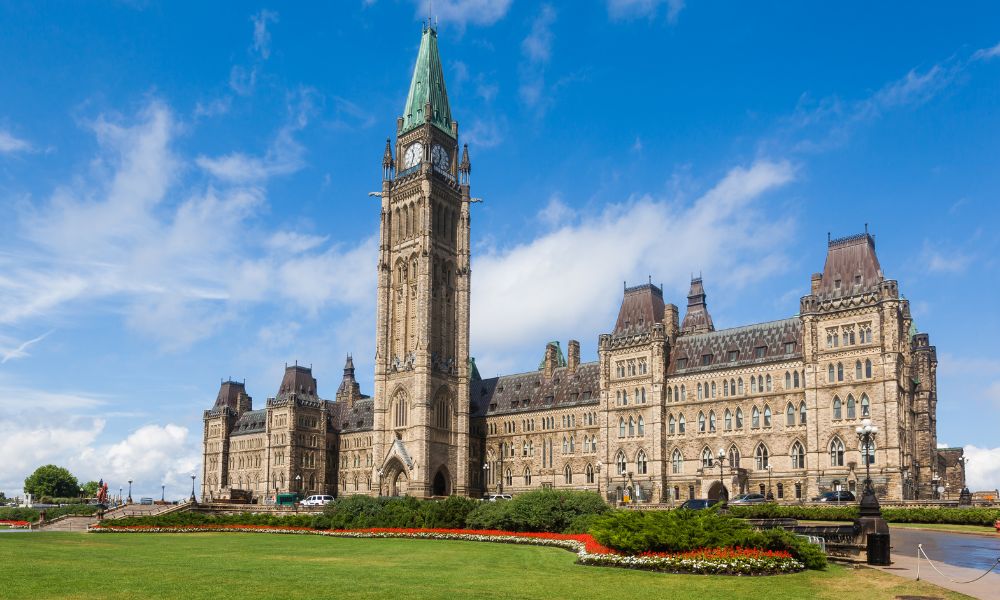Quick-to-read HR news & insights
From recruiting and retention to company culture and the latest in HR tech, HR Brew delivers up-to-date industry news and tips to help HR pros stay nimble in today’s fast-changing business environment.
France could become the first country to have a national ban on hair discrimination—that is, if the bill isn’t stopped before it reaches President Emmanuel Macron’s desk.
Where in the world? Lower parliamentary lawmakers took the first step towards banning hair discrimination last month, passing a bill 44–2 (the majority of the country’s 577 lawmakers were not present), the AP reported.
Olivier Serva, a member of parliament from the French Caribbean island of Guadeloupe, proposed the bill, pointing to a US study on the discrimination Black women face in the workplace as a result of their hair, the BBC reported. The bill would update the current anti-discrimination laws to specifically prevent employers from discriminating against people based on the “texture, length, color, or style” of their hair.
“Every individual is born with a particular type of hair, so I really agree with what they have done to penalize companies that refuse to hire candidates because of the type of hair they have,” Tracy Kofi, a Black student in Paris, told Reuters.
However, the bill may fall flat when it’s put to a vote in the conservative-leaning Senate. Opponents believe that French law already protects people from discrimination based on looks.
Satellite view. In the US, the CROWN Act (Creating a Respectful and Open World for Natural Hair), which bans hair discrimination in employment, housing, and the military, has been passed by 24 states since 2019. An additional 21 states have introduced the legislation, including West Virginia, where it was recently defeated, with detractors claiming it would lead to costly lawsuits, according to NBC News. On a national level, the act passed the House in 2022, but did not reach the Senate for a vote due to a Republican-led filibuster.
While Black people are protected from race-based discrimination by the Civil Rights Act, they still face discrimination based on hair styles associated with their race, as Black women’s hair is 2.5 times more likely to be perceived as unprofessional, according to research from Dove and LinkedIn. One-quarter of Black women believe they’ve missed out on a job opportunity because of their natural hair, according to the same study.
Some experts recommend that HR not only make it clear in their dress policies that BIPOC employees won’t be discriminated against based on their hair, but also identify areas in the employee life-cycle where racial discrimination could exist.
“If you’re working in organizations where you are a statistical minority because of your race or ethnicity, the majority is likely to have European hair, and therefore the expectations around professionalism are going to come from a very Eurocentric standard of beauty,” Shereen Daniels, managing director of HR Rewired, previously told HR Brew.





